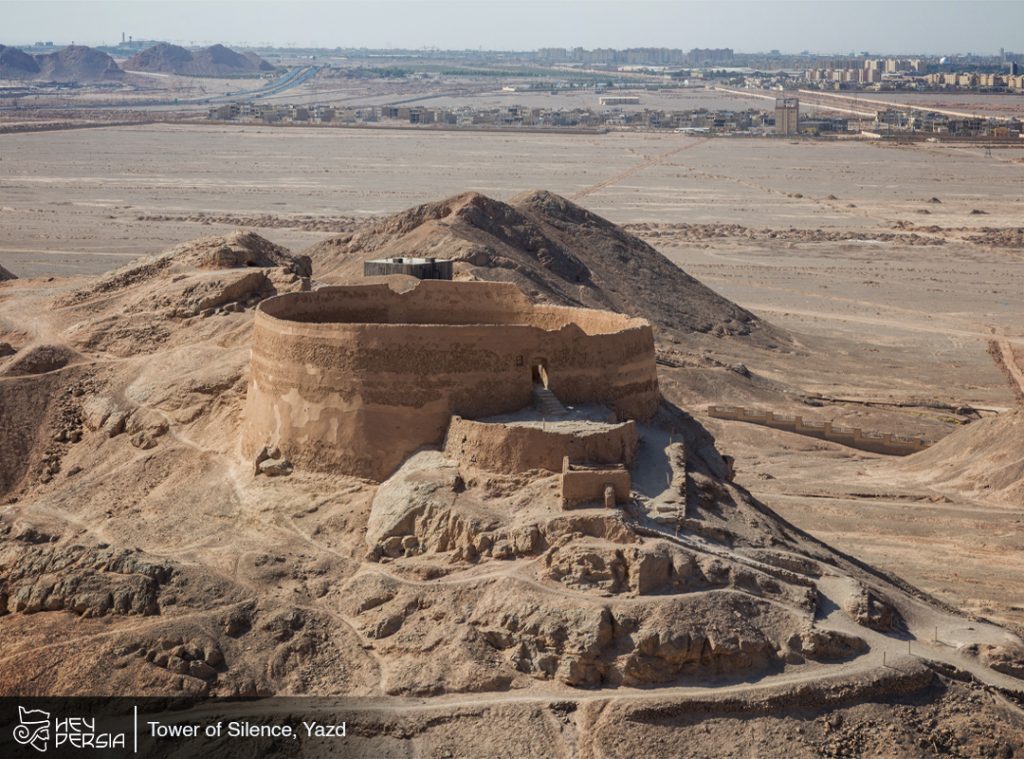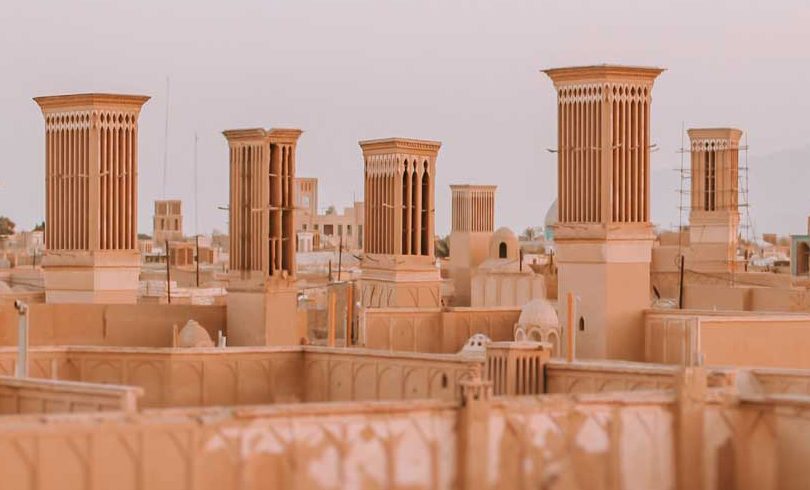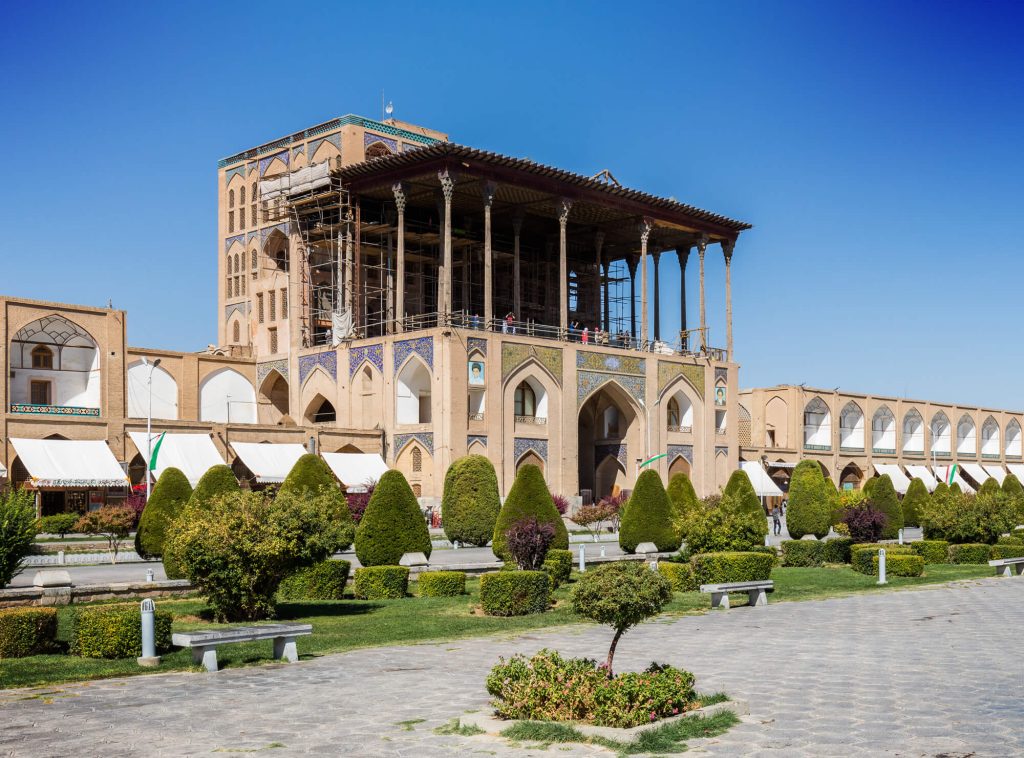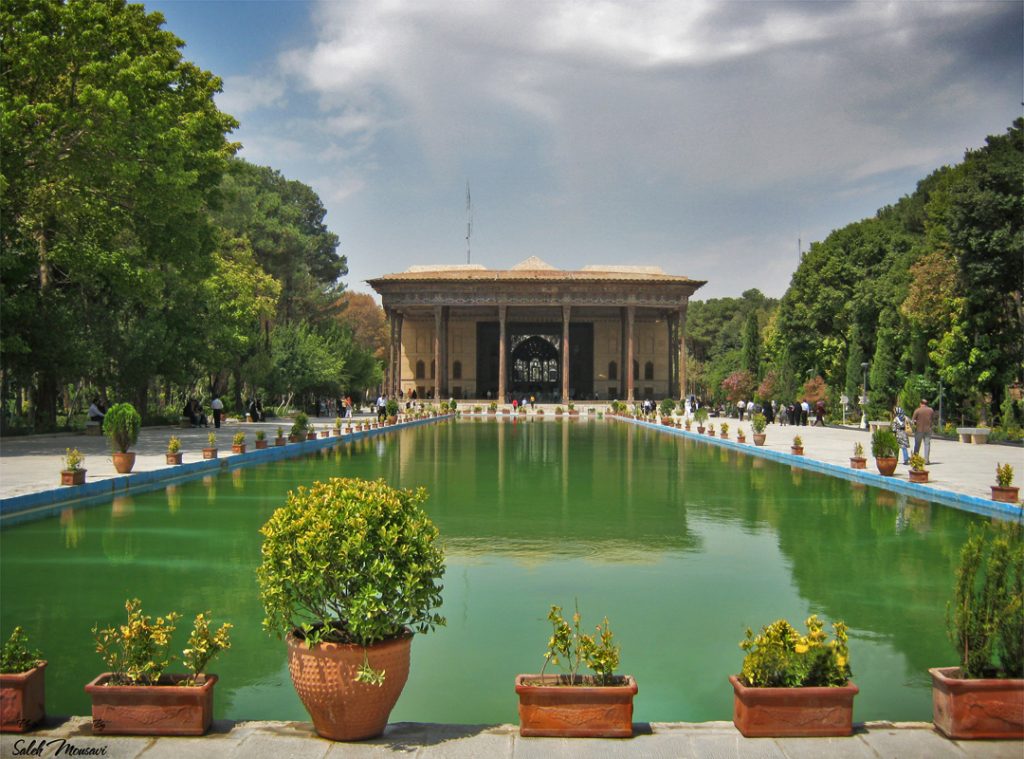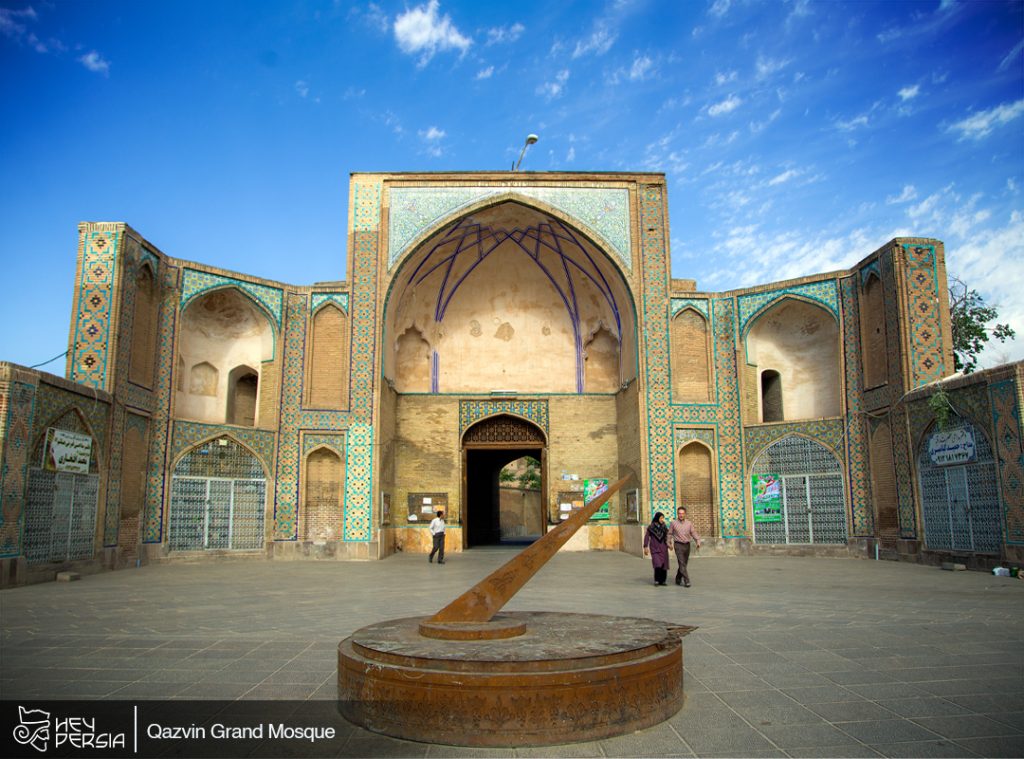The Yazd Tower of Silence in Iran, also known as “Dakhmeh” or “Dakhma,” is a unique and historically significant site located in the ancient city of Yazd in Iran. This iconic structure stands as a testament to the religious and cultural practices of the Zoroastrian community. The Tower of Silence is a place where the Zoroastrians practiced their distinctive burial rituals, reflecting their beliefs in the sanctity of the elements and the prevention of pollution. Learn more at Hey Persia.
Historical Significance of Yazd Tower of Silence in Iran
Yazd is famous as one of the oldest centers of Zoroastrianism, one of the world’s oldest religions. Zoroastrianism’s roots in this region date back over two millennia, and it has played a vital role in shaping the cultural and religious landscape of Yazd.
Ancient Burial Customs
One of the most distinctive aspects of Zoroastrianism is its burial customs, which are near to their belief in the purity of the natural elements. Zoroastrians traditionally avoided burying their dead, so they turned to the Tower of Silence as a unique solution.
The Structure of the Tower
The Yazd Tower of Silence is a circular, elevated structure constructed on top of a hill or plateau. It is typically out of stone and features concentric rings or tiers. The central platform of the tower, which is open to the sky, was used for the placement of the deceased.

Divided Compartments of Yazd Tower of Silence in Iran
The central platform is divided into several compartments, each designated for specific groups, such as men, women, and children. This organization allows for a systematic placement of the deceased.
Zoroastrian Burial Rituals
The core concept behind the Tower of Silence is the exposure of the deceased to the natural elements. Zoroastrians believe that the elements, including earth, fire, water, and air, are sacred. Placing the bodies on the tower allows them to be returned to nature and purified by the elements.
Vulture Cleanup in Yazd Tower of Silence in Iran
The Tower of Silence is strategically located to attract vultures and other scavenging birds. These birds play a crucial role in the Zoroastrian burial process, as they are believed to aid in the swift decomposition and disposal of the body.
Hygienic and Ecological Principles
The Zoroastrian burial system at the Tower of Silence was not only rooted in religious beliefs but also had practical benefits. It minimized the risk of contaminating the earth and water with decaying bodies and was environmentally sustainable.
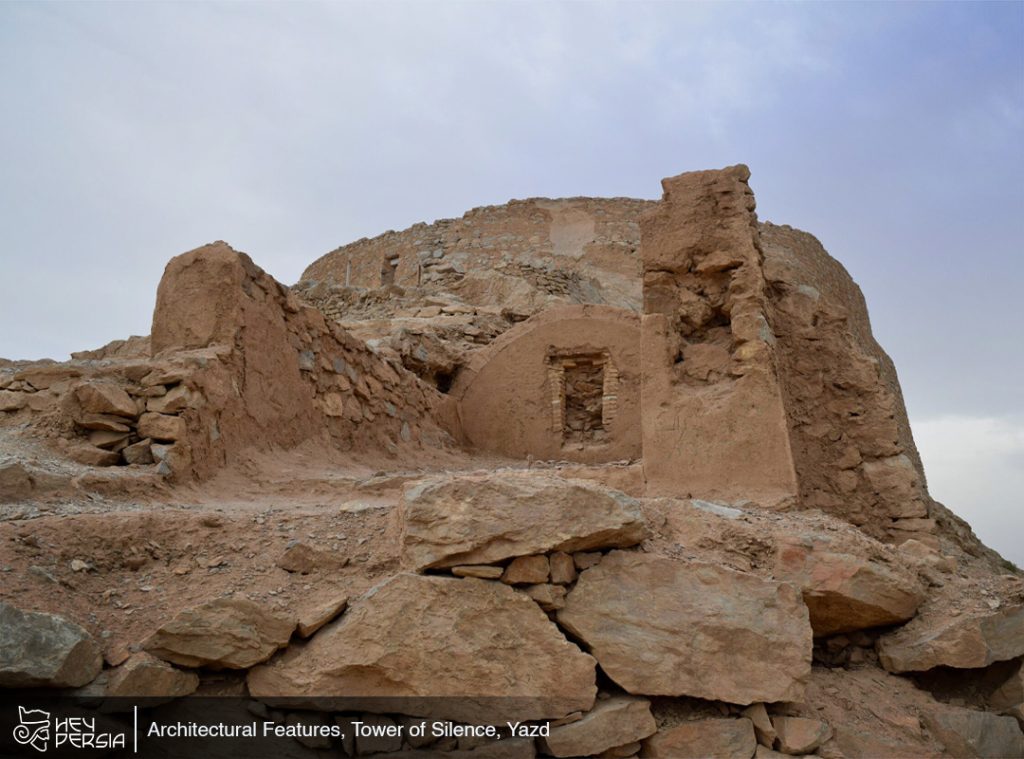
Decline and Modern Practices
Over the years, the Zoroastrian population in Yazd and Iran at large has dwindled, and the traditional burial practices have faced challenges. One key issue has been the decline in the vulture population, which has made it difficult to maintain the traditional methods.
Shift to Alternative Burial Methods
As a result of these challenges, many Zoroastrians have had to adapt their burial practices. Some have turned to alternative methods, such as burial in cement-lined graves, which still aim to minimize pollution and maintain respect for nature.
Preservation and Cultural Significance
The Yazd Tower of Silence holds immense cultural and historical importance. It is not only a place of worship for Zoroastrians but also a tourist attraction. Visitors from around the world come to explore the tower, learn about its history, and gain insight into Zoroastrianism.
Architectural and Archaeological Interest
The Tower of Silence is also a subject of interest for architectural and archaeological studies. Its unique design, the way it harmonizes with the natural landscape, and its significance in Zoroastrianism make it a fascinating subject of research.
Yazd Tower of Silence in Iran
The Yazd Tower of Silence stands as a powerful symbol of Zoroastrian traditions and their reverence for the elements. Its historical significance, unique burial practices, and architectural beauty make it a remarkable site in the heart of Yazd. As it continues to attract both pilgrims and tourists, the Tower of Silence serves as a living testament to the enduring cultural and religious heritage of the Zoroastrian community in Iran, providing a glimpse into a world where nature and spirituality are intricately intertwined.

